
Georges Pallu
Lawyer and Army officer, he was personal secretary to the French Minister for Public Instruction, before he started working in films. He was contracted by Production company Invicta Film, from April 1, 1918, for one year as director ("metteur-en-scène"), to adapt Portuguese literary texts to the cinema. His contract was renewed until the company stopped film production in 15 February 1924. He was involved in buying equipment for the company, namely when he went to Paris with a major company partner to buy two development machines, and in negotiations to sell films in France. His first work of adapting the novel A Rosa do Adro (1919) to the cinema was so appreciated, that the Portuguese President confered upon him the honorary title of Knight of the Order of Christ ("Diário do Governo", 2nd Series, 28-12-1919).
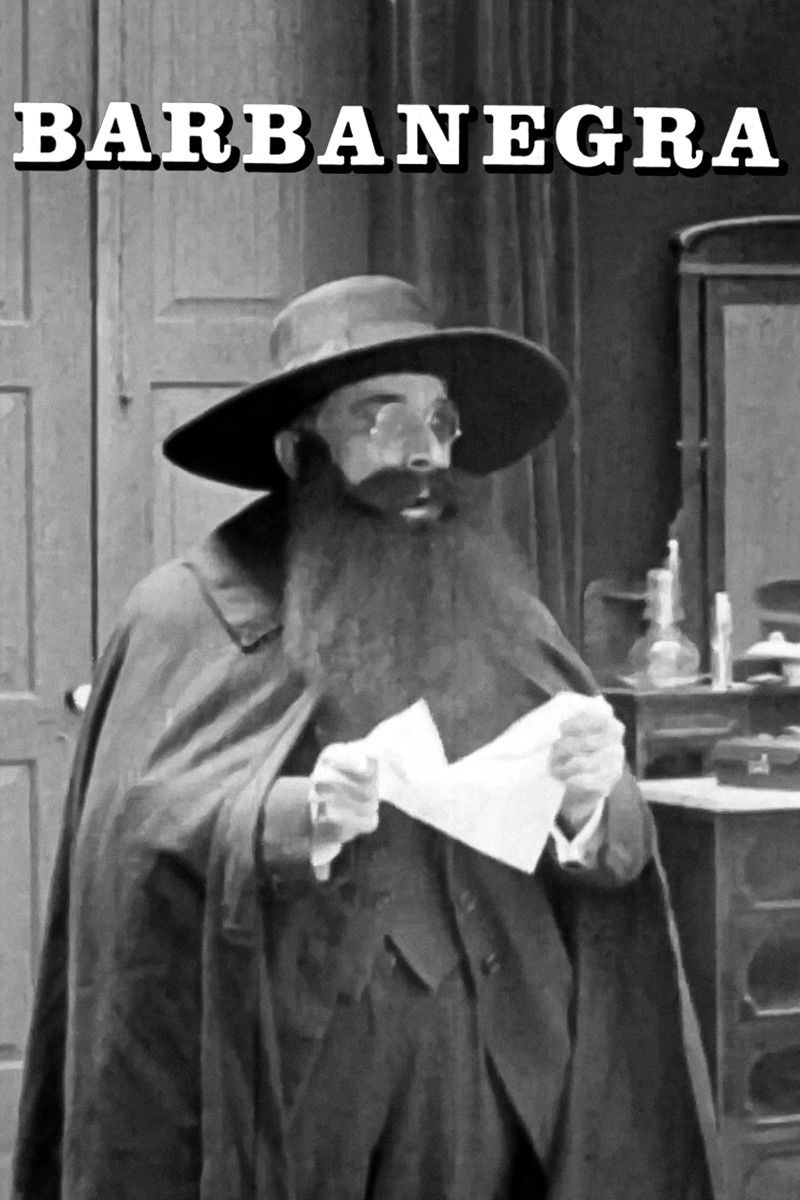
Barbanegra
(Director)
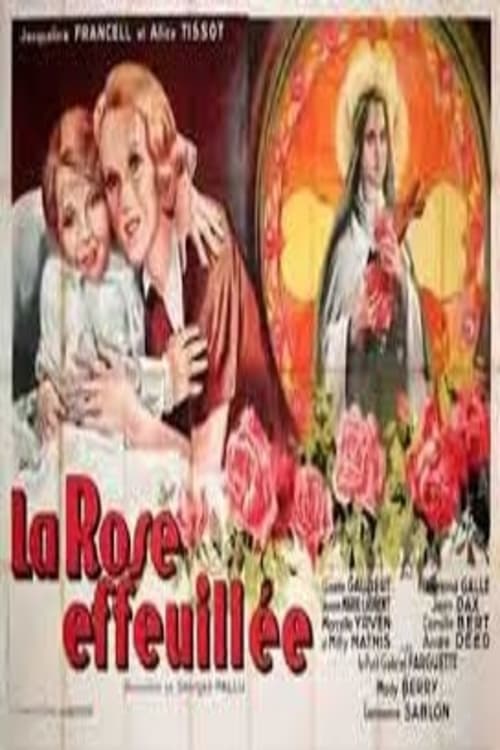
La rose effeuillée
(Writer)
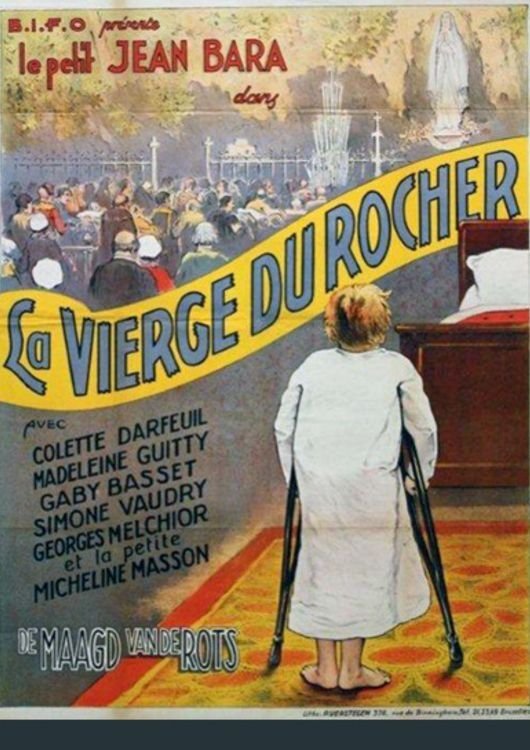
La vierge du rocher
(Writer)
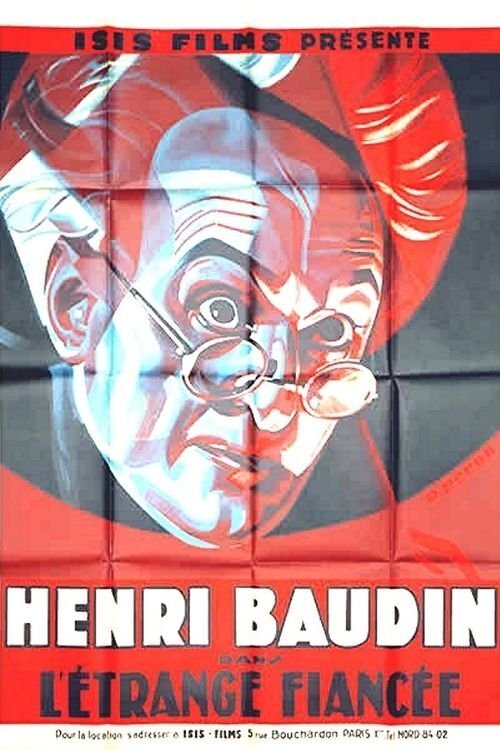
The Strange Bride
(Screenplay)
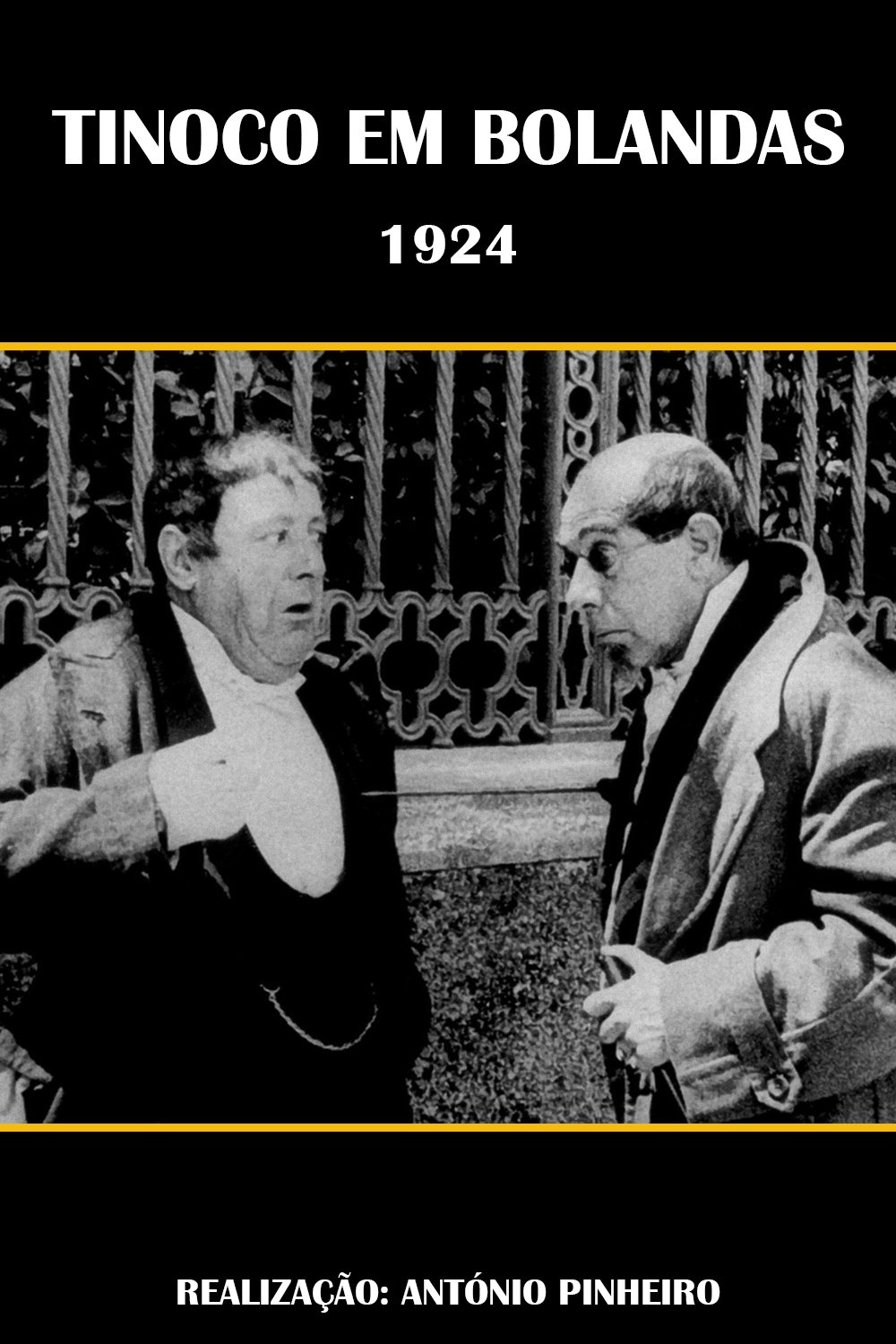
Tinoco em Bolandas
(Writer)

A Rosa do Adro
(Director)
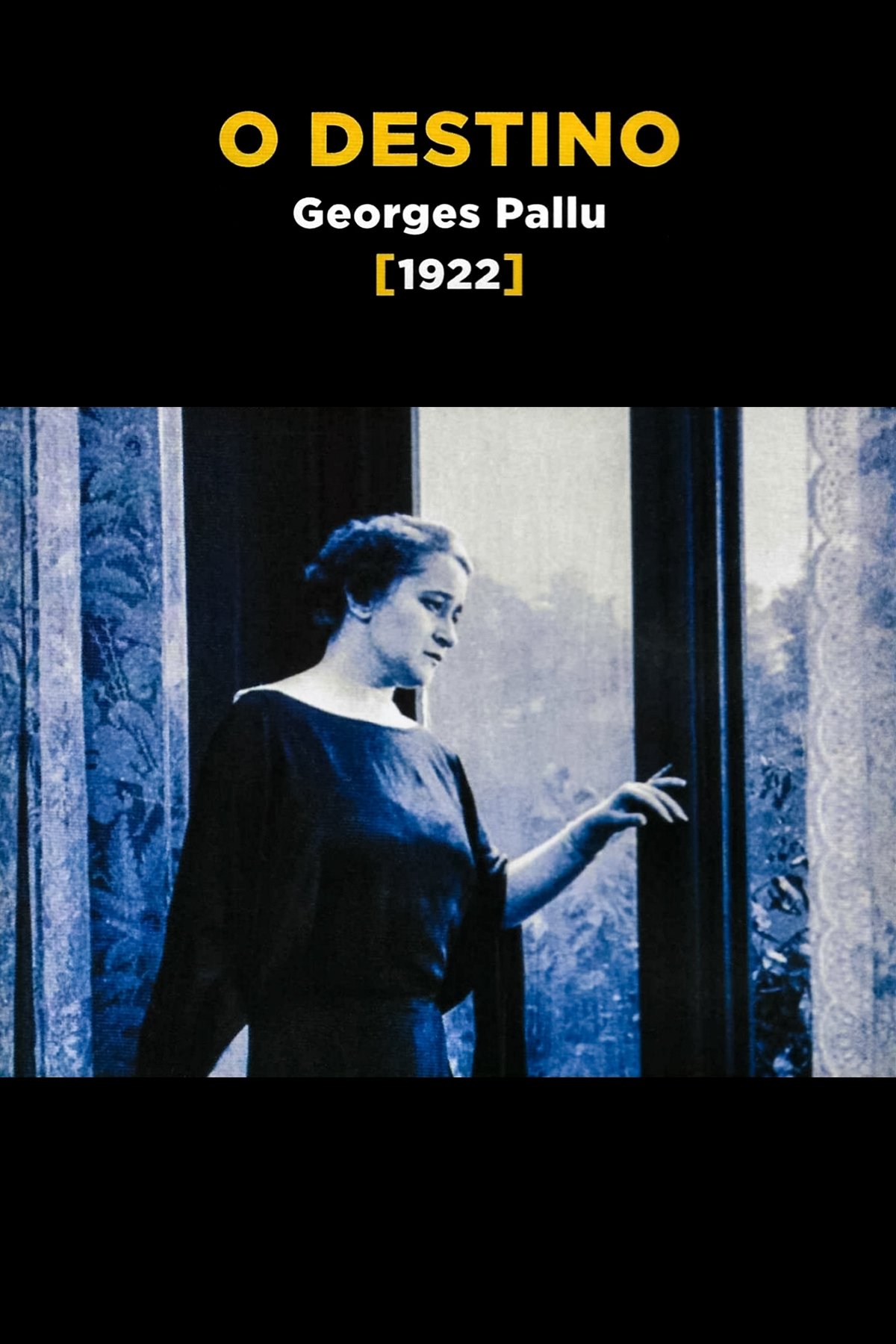
O Destino
(Director)

O Destino
(Editor)

O Destino
(Screenplay)

Amor de Perdição
(Director)
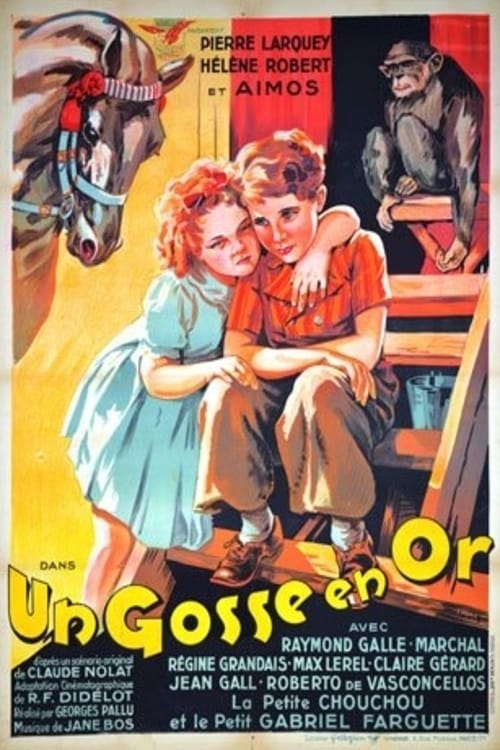
Un gosse en or
(Director)
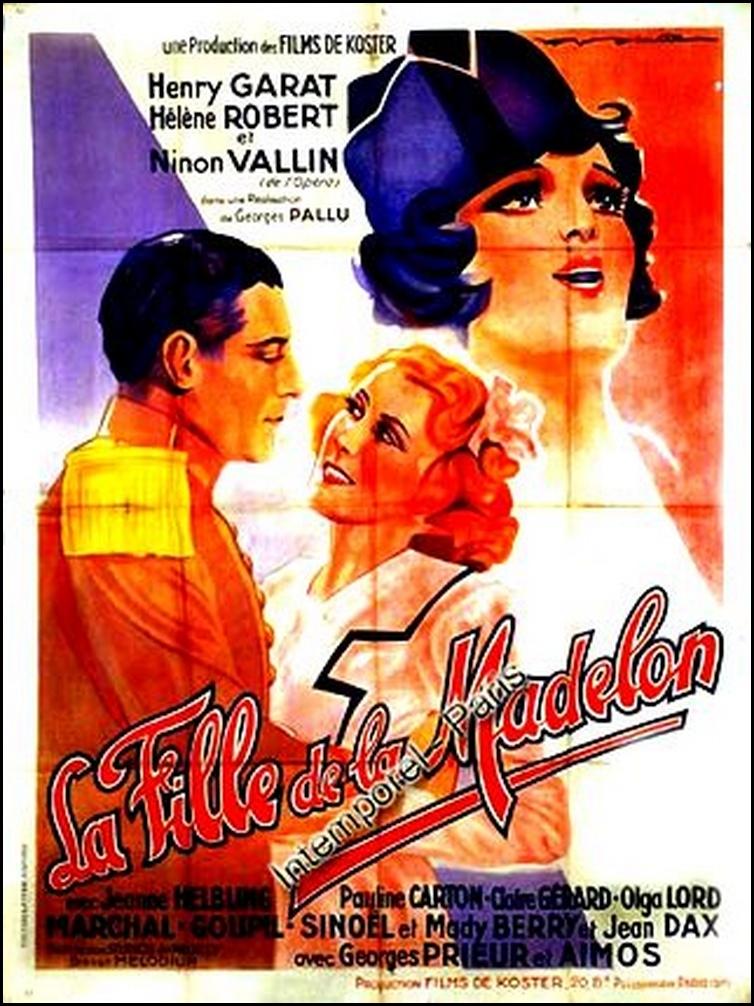
La Fille de la Madelon
(Director)
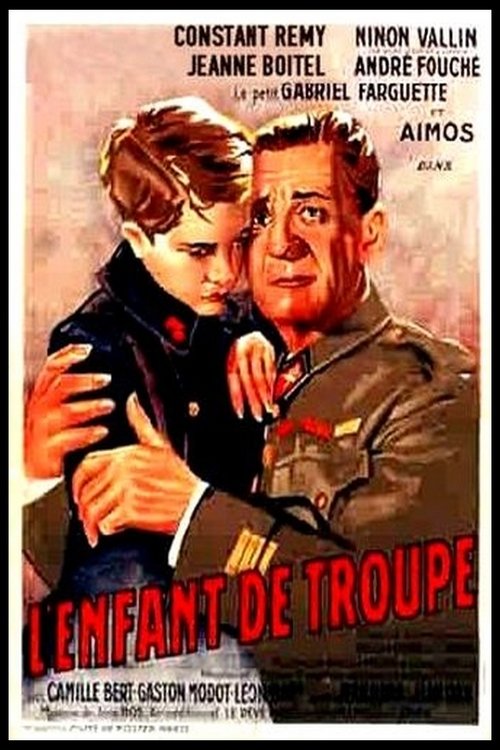
Ceux De Demain
(Director)

La rose effeuillée
(Director)
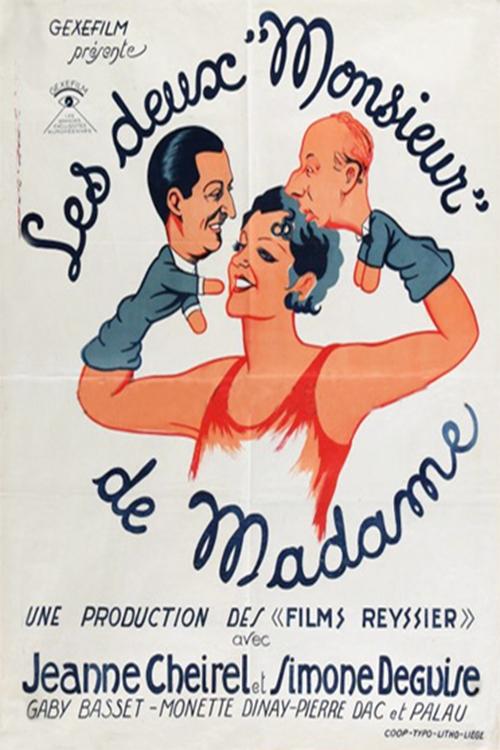
Les deux 'Monsieur' de Madame
(Director)

La vierge du rocher
(Director)

The Strange Bride
(Director)
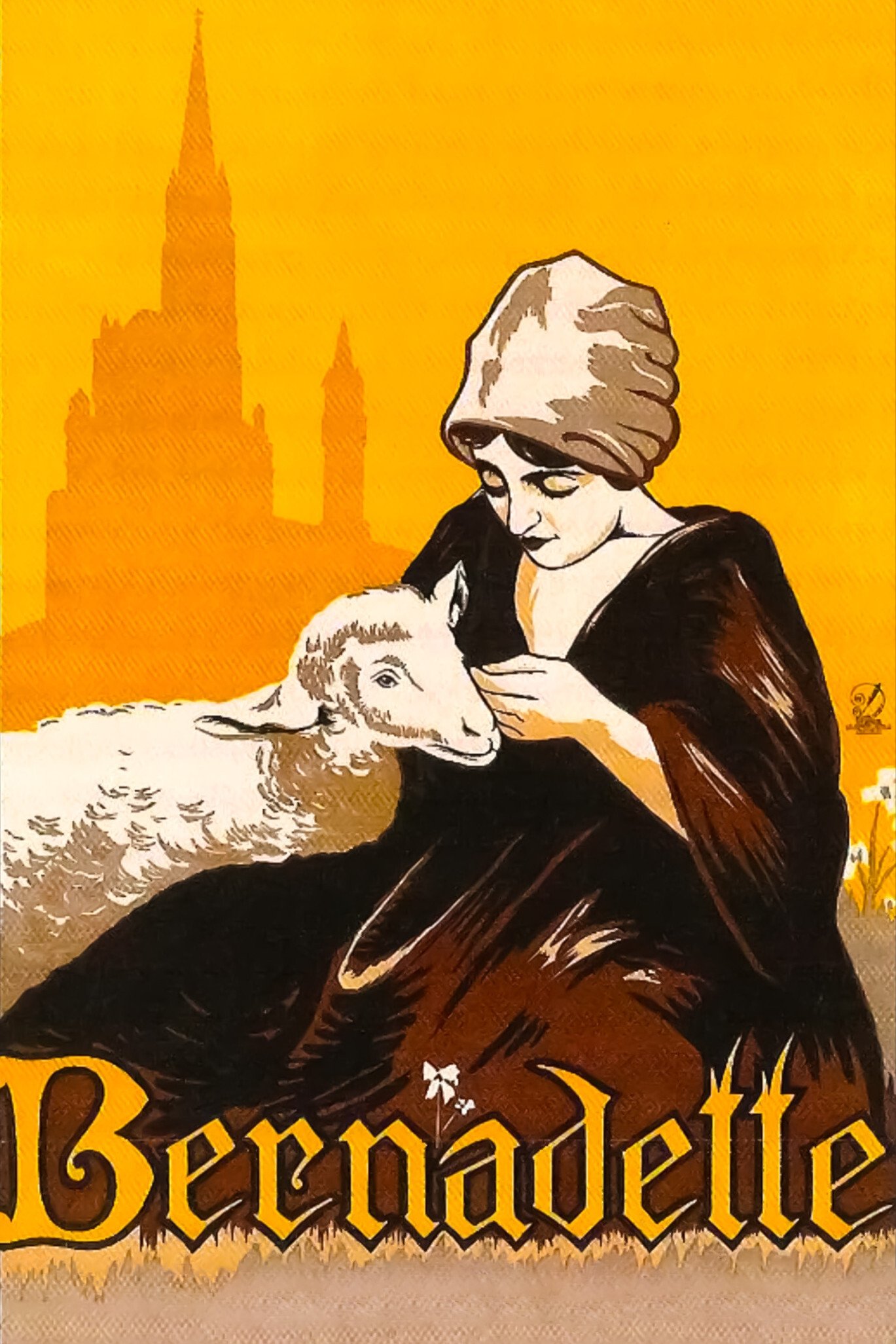
La vie merveilleuse de Bernadette
(Director)
La rose effeuillée
(Director)
Le train de 8 H 47
(Director)
Le permis d'aimer
(Director)
Le secret d'une mère
(Director)

Phi-Phi
(Director)
Les cœurs héroïques
(Director)
Sister of Mercy
(Director)
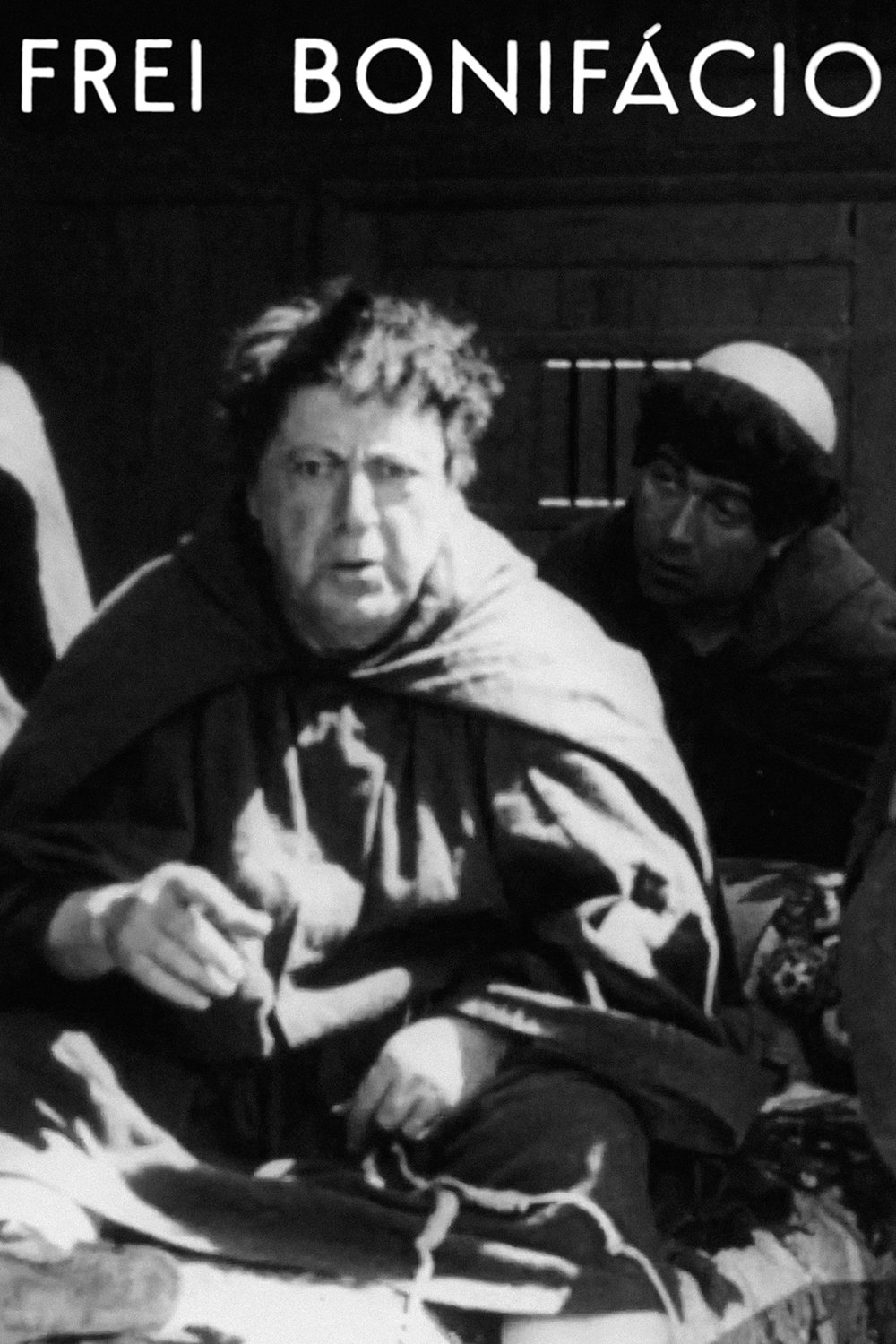
Frei Bonifácio
(Director)
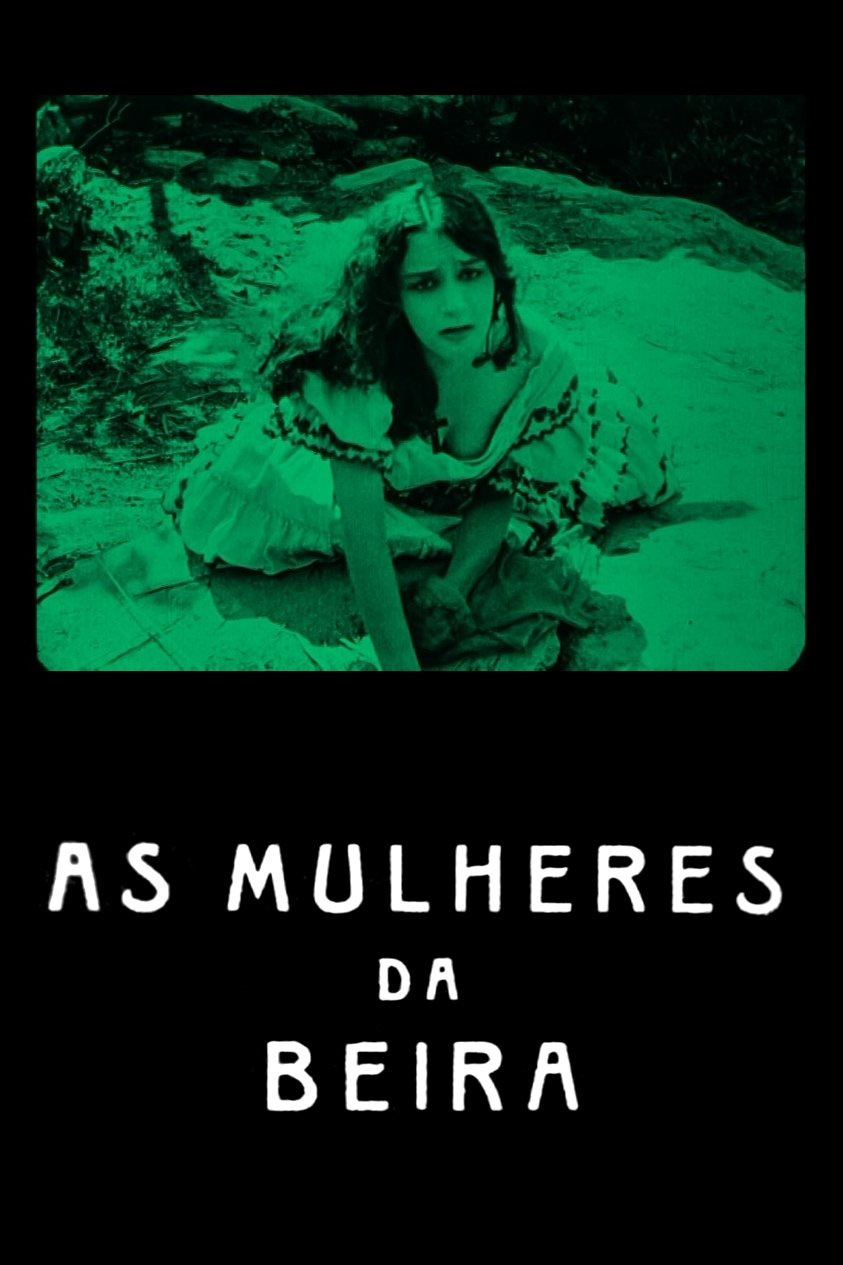
As Mulheres da Beira
(Editor)

A Rosa do Adro
(Editor)

A Rosa do Adro
(Writer)
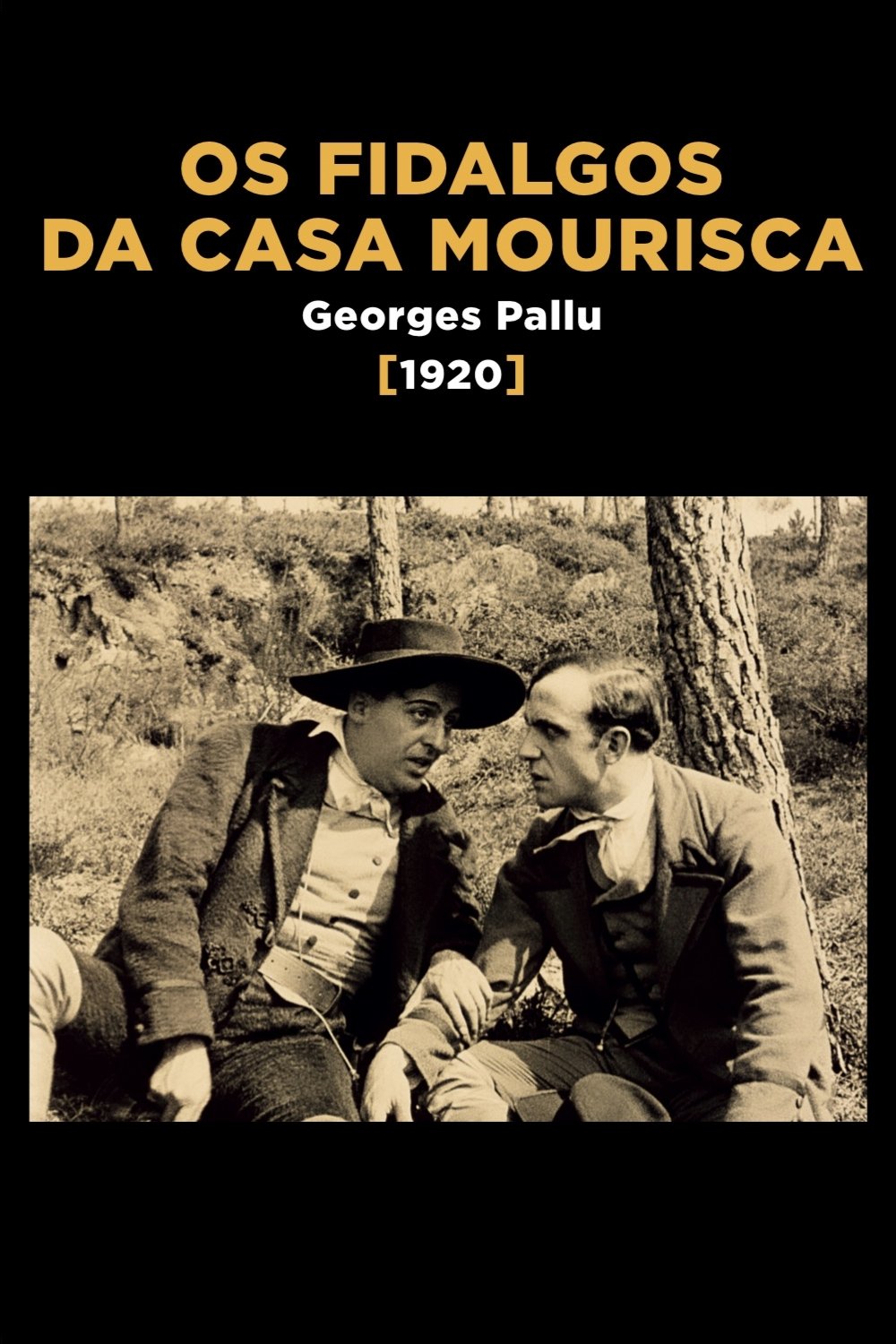
Os Fidalgos da Casa Mourisca
(Screenplay)

Os Fidalgos da Casa Mourisca
(Director)
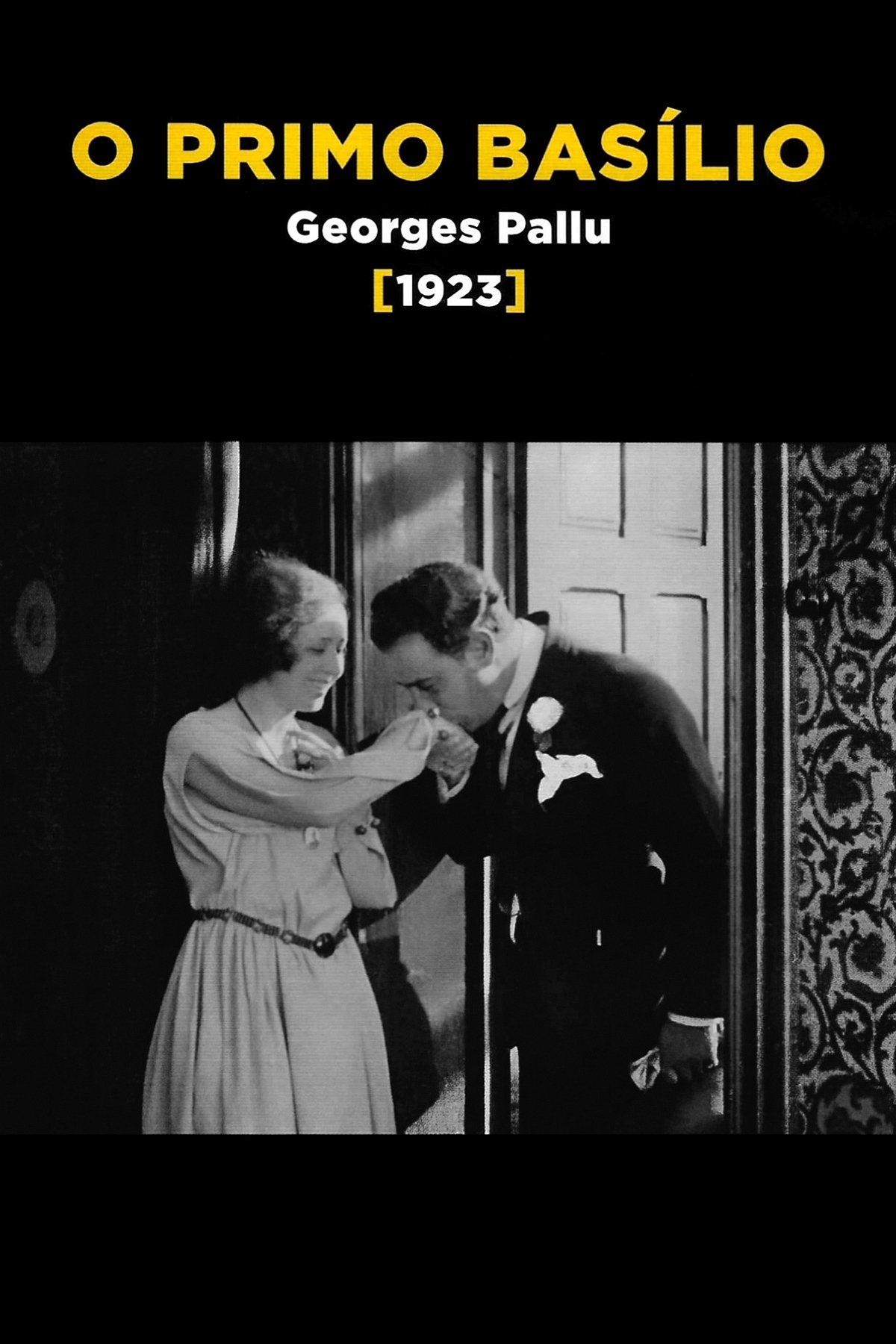
O Primo Basílio
(Director)

Os Fidalgos da Casa Mourisca
(Editor)

O Primo Basílio
(Screenplay)

O Primo Basílio
(Editor)

Barbanegra
(Editor)

Frei Bonifácio
(Writer)

Frei Bonifácio
(Editor)
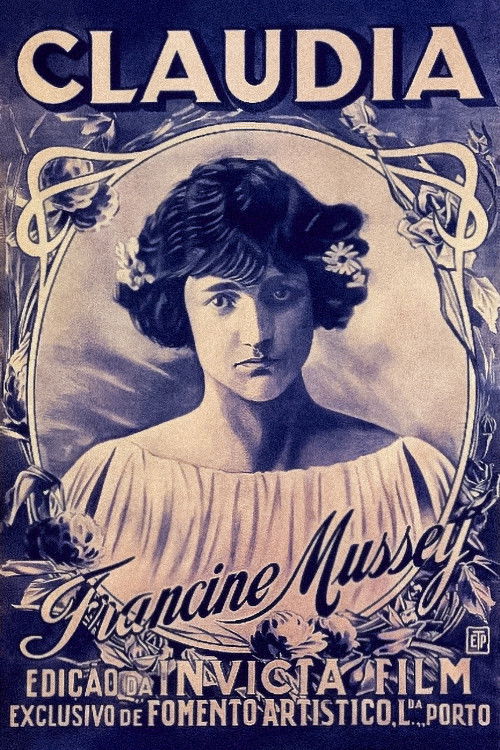
Cláudia
(Director)

Cláudia
(Writer)